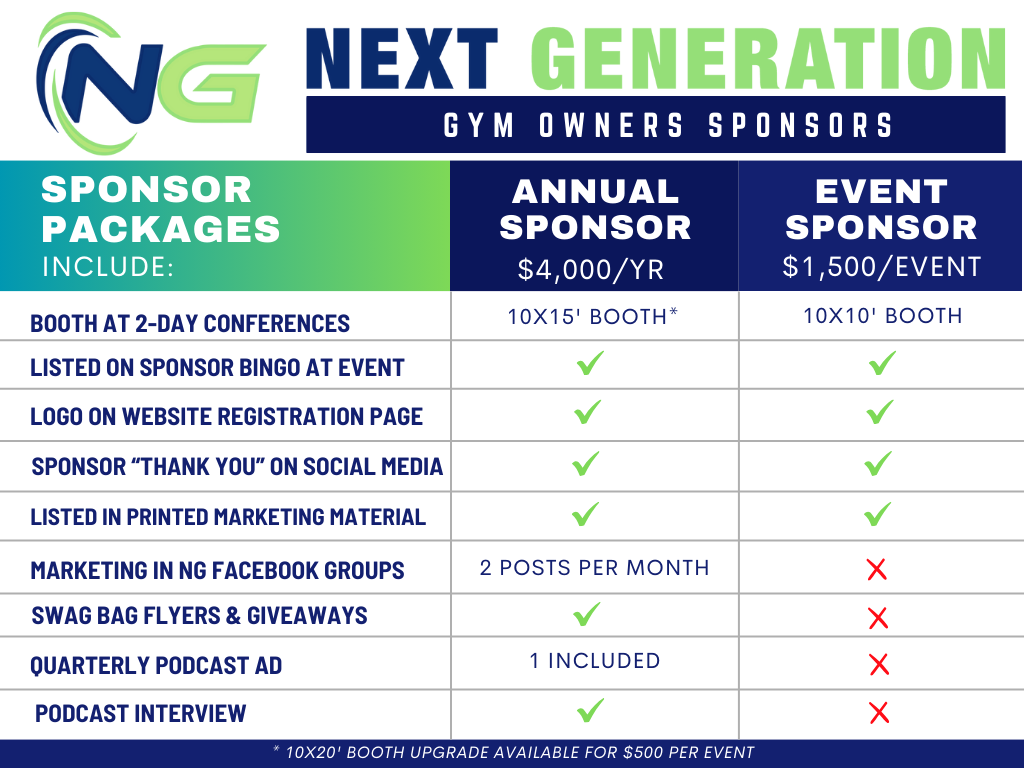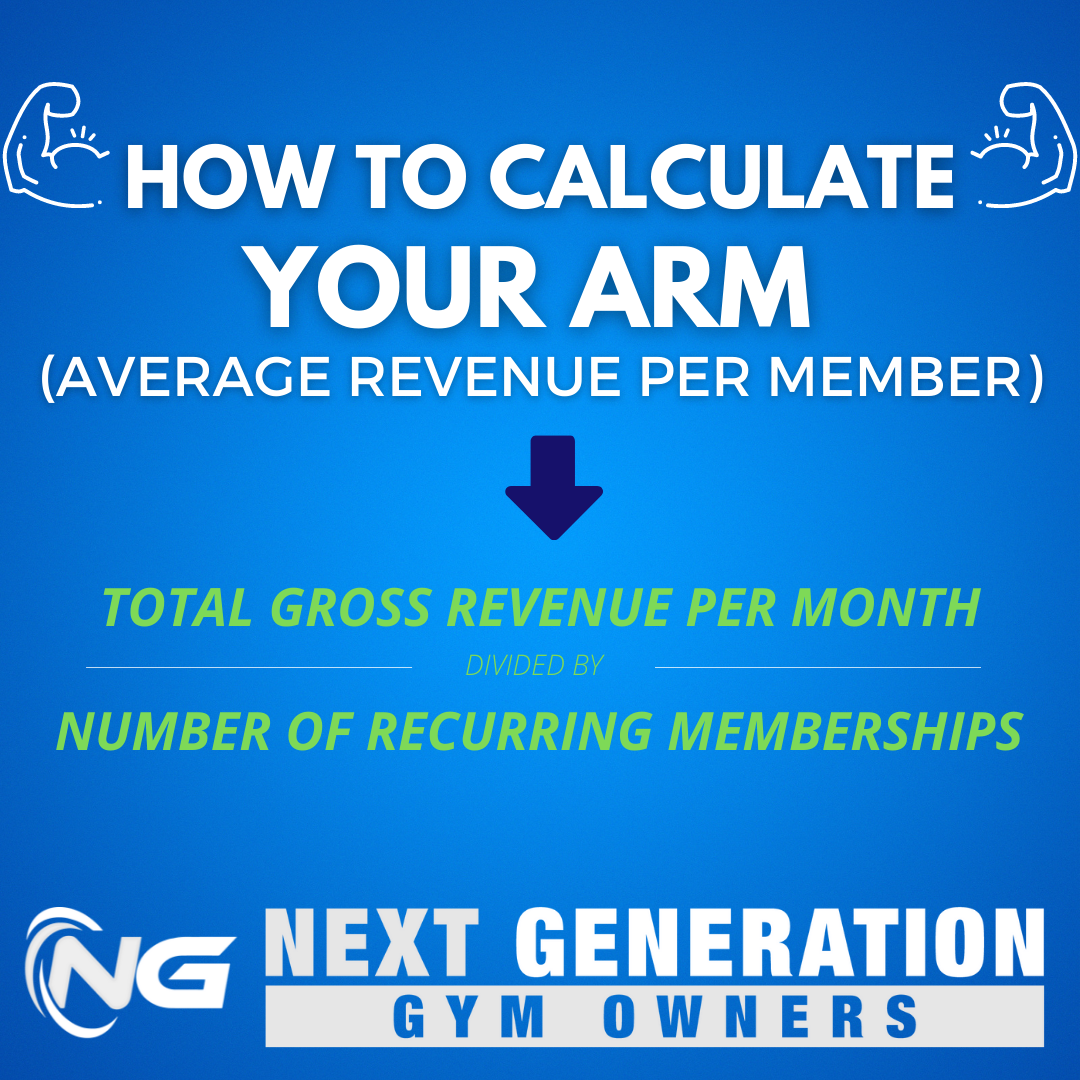Note to international gyms:
|
In my first year of business, I was a contractor teaching cheerleading at a local Air Force Base. I could hire whomever I wanted as long as they didn’t have any felonies (you can’t even get on a military installation with those oftentimes), and as long as they passed a background check. I could wear whatever I wanted, teach whatever I wanted as long as it fit the umbrella of “cheerleading and dance”, and I could even set my classes to be whenever I wanted as long as the room I was using was available.
That is a contractor. Your coaches are not contractors. But….but…NO. They’re not contractors.
The law says they’re not.
Your choreographer (if you hire one out who otherwise never works at your gym) is a contractor.
Someone you pay to do a one-time camp or clinic in your gym is a contractor.
Again, your coaches are not contractors. Here’s why:
- Most coaches clock in and out so you know what to pay them and when they worked. Contractors don’t.
- Most coaches have clothing guidelines of some kind. No uniform? Fine. But if your coaches walk in the gym in a sports bra and spanx, you’re likely to stop them. That is a uniform policy of some kind.
- You likely pay your coaches at least every 30 days or more.
- You have a curriculum, spotting requirements, and training process of some kind.
- You don’t have a legal contract with them that has been reviewed by an attorney.
Number 5 is a kicker. If you say, “Yes, I have a contract, but it has not been reviewed by an attorney…” then I recommend you have it reviewed. I feel confident he or she will likely say this person is not a contractor – this person is an employee and must be treated as such.
Employees can be paid in a check written by you, but should have tax paperwork on file. You (or your CPA) should be filing employment reports and paying state and federal employer withholding taxes on your employees.
Employees may have an employment contract or position agreement. Some states don’t allow contracts for employees, but will allow signed position agreements as they ensure employers and employees are on the same page with duties and responsibilities.
- If you’re paying someone under the table…
- If you’re paying cash…
- If you’re saying, “You make $15/hour and you worked 3 hours, so here is $45”
You are probably not operating legally. Maybe you’re not worried about the IRS, but I KNOW I am operating legally. When Missouri said I was being audited, it was still a little nerve racking. They went back 3 years. I had to justify 2 payments. TWO. I had written a check to a choreographer and I had refunded a parent for a uniform. I had to give proof that these two people who received checks from me (but were not listed on my payroll) were not employees. I had to present proof of the choreography contract and the email communication with the parent who I refunded.
If you are haphazardly doing your payroll, stop. Hire a payroll company or a CPA. Don’t pay cash under the table.
A payroll audit may never happen, but you also don’t want anything to stall your progress in growing your business. We had our ducks in a row, and it still took me a bit of time and a little worry to get through it.
If all this is super overwhelming to you, it doesn’t have to be. I worked for a CPA when I was in college just long enough to see what the government can do to small businesses not operating legally. Reply back to this email and we can talk about what the Owners Academy can do for you to help you get your bearings when it comes to payroll!
Note: I am not a lawyer or CPA. I am just a nerd. All information here should be confirmed by your attorney and CPA as state laws may differ.











